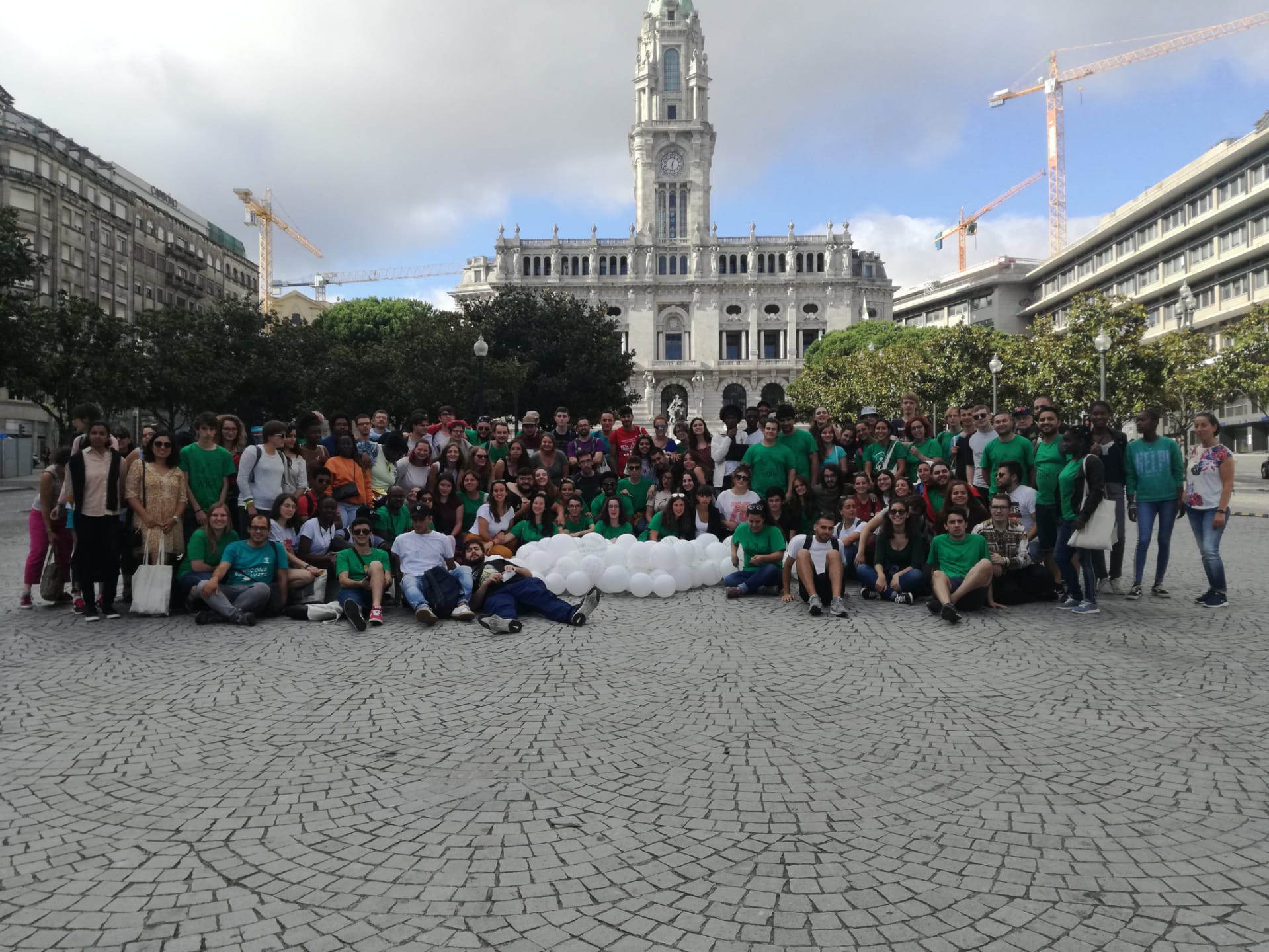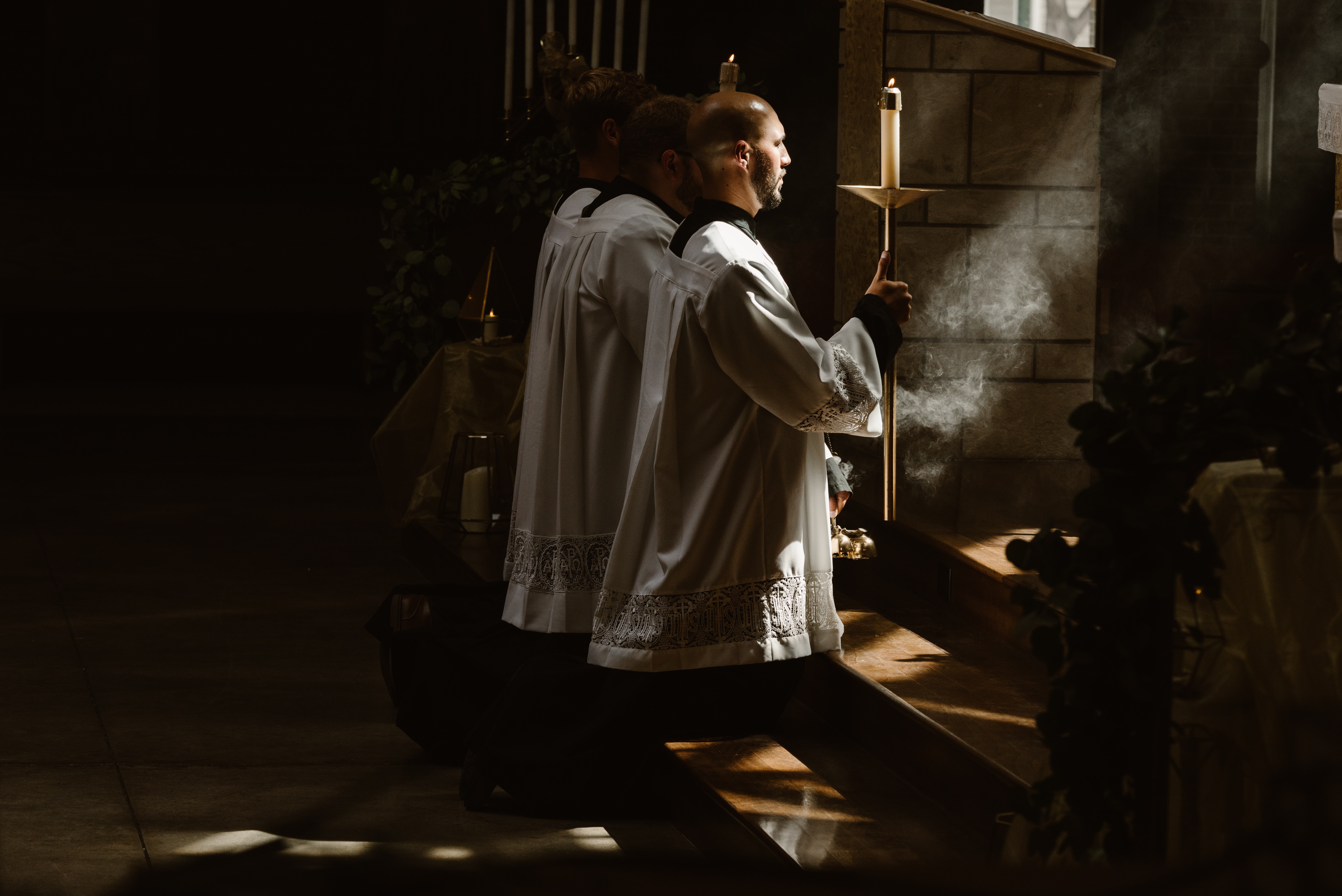According to Matthew’s Gospel, there is a word which Jesus, told us, his followers, not to use to address anyone on earth: that word is ‘father’. (Mt. 23.9) Yet in the English-speaking world we currently use ‘father’ as a form of address for all ordained priests and the pope is called ‘Holy Father’.
While Jesus’ warning regarding this form of address was never intended as a blanket prohibition, neither, surely, was it intended to be ignored. It is clear from Mt. 23.9 that Jesus’ purpose was to warn his own disciples against three tendencies which he identified in some Jewish leaders of his own day: They should not give in to self-importance; they should not set themselves above other people; they should not place on others burdens that are too hard to bear.
As Pope Francis repeatedly warns against the dangers of clericalism, it is perhaps time for the dangers inherent in the use of ‘father’ as a form of address to be taken seriously. Since the later half of the nineteenth century, the use of ‘father’ as a term of respect for all ordained priests has served as one of the main planks of clericalism. At the same time as encouraging priestly self-importance, it has served to infantilise the laity, thus providing a perfect setting for certain depraved priests to molest children with impunity.
Thus when priests, under the cover of their exalted status, were able to commit the most unspeakable crimes against children, the children’s own parents, their natural protectors, were unable to protect them, since they themselves, in their relation to the priest, had taken on the role, not of parent to their child, but of child in relation to the ‘father’ abuser.
Priests have not always been called ‘father’, though early on Christians did begin to call their spiritual mentors ‘mother’ or ‘father’. The term ‘father’ continued to be used as a form of address for those men whom Christians sought out as a spiritual mentor, while the very presence of the early church ‘mothers’ was largely written out of history. We think primarily of the desert fathers; spiritual directors but not generally ordained priests. The male confessor was revered as a spiritual father, and addressed as such. He was sought out for his holiness.
As priests began to take on the role of confessor, so they came to be addressed as ‘father’ when they served in this capacity, yet ‘father’ was still not the formal title for the ordained priest. Throughout the Reformation Catholic priests in England were called ‘Sir’. Thus for example we have it from Eamon Duffy in 'The Voices of Morebath' that the priest who served the parish of Morebath at the time of the English Reformation was Sir Christopher Trychay.
It was not until the later half of the nineteenth century that ‘father’ became the form of address for all ordained priests, largely thanks to Cardinal Manning, archbishop of Westminster (1865-1892). In his book The Eternal Priesthood (1883) Manning describes the title of father as ‘the first, the chief, the highest, the most potent, the most persuasive, the most honourable of all the titles of a priest.’ (p.22) Manning’s book was hugely influential in the English-speaking world.
The restoration of the English hierarchy had taken place in 1850, and no doubt the use of the title ‘father’ for Roman Catholic priests helped to differentiate them from their Anglican counterparts. But for Manning it was much more than that. Manning had a highly exalted notion of the holiness that a priest should and could attain. The priest was to set himself up above others in terms of spiritual perfection. Manning says that the priest’s role as teacher, guide and judge of men (sic) demands spiritual perfection.
In hindsight it is clear that Manning placed upon priests a burden that for most was too hard to bear. Striving for perfection they might be painfully aware that they fell short. Set up as models of holiness, it was almost as if they had hypocrisy forced upon them. The discrepancy between the light in which they were portrayed and the reality of their lives was a heavy burden placed upon them. And to keep up the illusion it was necessary to focus on the lives of very holy priests (of whom, of course, there were many), but to keep hidden the sins of others. In this atmosphere, when a century after Manning’s book, bishops were becoming aware of the sexual abuse of children by priests, many succumbed to the temptation to have the abuse covered up.
Perhaps it is time for all adult Catholics to reflect on Mt. 23.9 and to think about the dangers of calling priests ‘father’, and for all Catholic priests to think about the dangers of accepting the title from other adults. In February this year, the Nigerian Sister Veronica Openibo, head of the Society of the Holy Child Jesus, addressed the Vatican summit on the Protection of Minors. Towards the end of her presentation she addressed the pope directly, and she called him ‘Brother Francis’. As a ‘Sister’ herself, and as someone concerned with the protection of minors, it seems to me that ‘Brother’ was an entirely appropriate form of address for her to use, in place of the usual ‘Holy Father’. It is perhaps time for all of us to work towards forms of address for our priests which, while showing due respect, do not at the same time serve to undermine our own responsibilities as adult Christians.
Dr. Anne Inman is a retired lecturer in Theology



 Loading ...
Loading ...
What do you think?
You can post as a subscriber user ...
User comments (1)